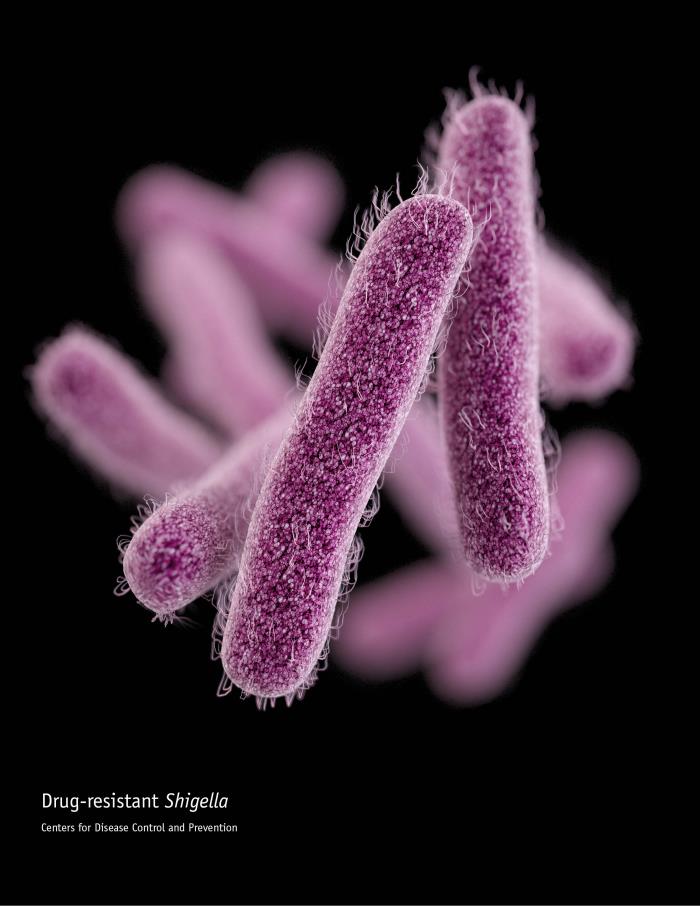
Novo Holdings invest US$12m in AMR companies
Mutabilis and IBT Vaccines have successfully bagged US$12m from the Novo Holdings REPAIR Impact Fund.
Novo Holdings’ REPAIR Impact Fund has announced the funding of two companies totalling its investments into companies that fight antimicrobial restistance since its launch in 2018 to US$48m. Paris-based Mutabilis SA will receive €7m to push its preclinical G-Dabocins programme targeting multi-drug resistant enterobacteriaceae, P. aeruginosa and A. baumannii. This programme is currently undergoing lead optimisation. Dabocins block Penicillin-Binding Proteins (PBP) 1-3, they show exceptional stability to class A,B,C,D beta-lactamases, and the new drug class is thus still active against carbapenem-resistant isolates.
Additionally, the Repair Impact Fund announced an investment of US$3.9m in Maryland-based IBT Vaccines Inc to advance the development of IBT-V02, a vaccine preventing recurrent skin and skin structure infections (SSSI) caused by Staphylococcus aureus. IBT_V02, which is also developed under a grant from CARB-X and NIAID, is currently in late preclinical stage. The jab has a novel mode of action and consists of five toxoids that elicit protective responses to 12-15 S. aureus toxins.
Out of 150 investment proposals in the last two years, the REPAIR Impact fund has built a portfolio of eight companies based in Europe and the US, working across a wide range of modalities including four small molecules, two vaccines, one peptide and one oligonucleotide-based therapy. Of these companies, five address diseases caused by Gram-negative strains.
Given the difficult funding environment for anti-infectives, the REPAIR Impact Fund will keep some capital in reserve to potentially support funding for its portfolio companies Phase II clinical trials. The Fund will continue to initially invest only in projects that are between lead optimisation and Phase I clinical trials; however, this change in strategy will allow the REPAIR Impact Fund to continue to support its portfolio companies as they advance.
Antiinfectives experts from industry, regulatory authorities, policy, and funding initiatives will meet in March in the Basel Pharma Cluster to discuss how to ensure appropriate payment models to reincentivise antimicrobial development, to merge diagnostics with antiinfectives development.


 Unsplash+
Unsplash+
